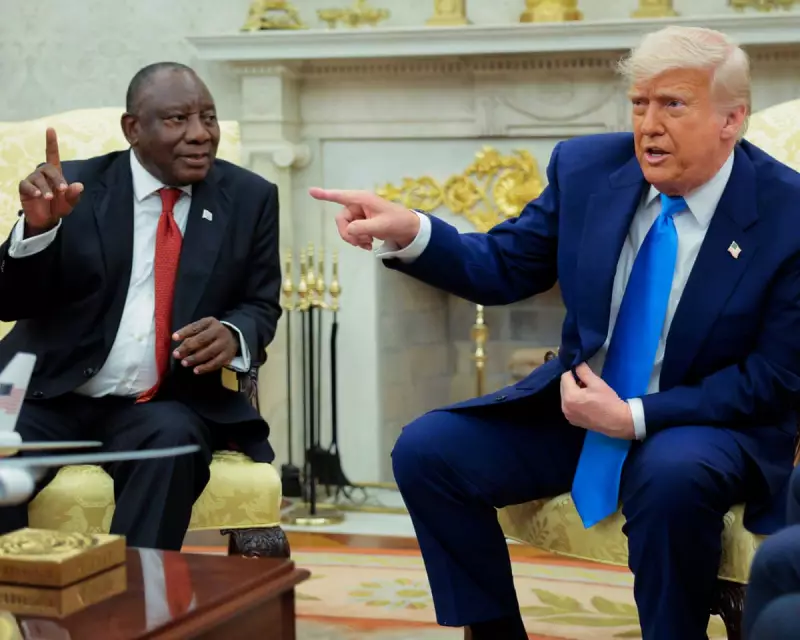
The United States is set to implement one of the most restrictive refugee policies in its history, slashing annual admissions to just 7,500 people while establishing a controversial new priority category specifically for white South Africans.
Dramatic Reduction Sparks Outrage
The Trump administration's announcement marks a significant departure from traditional refugee policy, reducing the cap from the previous limit of 18,000 to a mere 7,500 places for the coming year. This represents the lowest refugee admission target since the modern US refugee programme began in 1980.
Human rights organisations and refugee advocates have condemned the decision as "politically motivated and morally indefensible" at a time when global displacement has reached record levels.
Controversial Priority Category
Perhaps the most contentious aspect of the new policy is the creation of a special priority category for white South Africans, who would receive preferential consideration under the revised system. Administration officials have justified this move by citing concerns about "persecution facing white farmers" in South Africa.
Critics argue this represents a dangerous departure from established refugee assessment criteria, which traditionally evaluate applications based on individual merit and threat levels rather than race or nationality.
Broader Implications for Global Refugee Protection
The policy shift raises serious questions about America's commitment to international refugee protection standards. By prioritising one specific demographic group while dramatically reducing overall admissions, the US appears to be retreating from its historical role as a leader in humanitarian protection.
Legal experts suggest the new approach could face constitutional challenges, while international partners have expressed concern about the precedent it sets for global refugee policy.
The announcement comes amid ongoing debates about immigration reform and America's role in addressing global humanitarian crises, ensuring this controversial decision will likely face intense scrutiny in the coming months.





